Applying an Organisation’s Code of Conduct
Course Purpose This unit standard is intended for learners in a work environment. What you’ll learn This unit standard is intended for learners in a work environment. It is designed to raise moral standards as a counter to potential …
Overview
Course Purpose
This unit standard is intended for learners in a work environment.
What you’ll learn
This unit standard is intended for learners in a work environment. It is designed to raise moral standards as a counter to potential or real corruption within a work environment. The focus is on ethics and the learner, and does not include corporate governance. This unit standard is intended for junior managers of organisations. The qualifying learner is capable of explaining the concept of personal ethics in relation to the moral compass, describing the role of a code of conduct in a work environment, according to ethical principles and upholding the code of conduct within the work team.
 Duration: 1 Day
Duration: 1 Day
Featured Course
Maintain records for a team
Course Curriculum
Curriculum
Curriculum
- 3 Sections
- 10 Lessons
- 1 Day
- Unit 1: Explain the concept of ethics in relation to the 'moral compass'.ASSESSMENT CRITERIA3
- 1.1The components of the ‘moral compass’ are described according to theory and practice.
- 1.2The team leader identifies team members’ positions on the ‘moral compass’ according to observed behaviour.
- 1.3The relationship between ethics and the constitution is explained according to group and individual rights and responsibilities.
- Unit 2: Describe the role of a code of conduct in a work environment according to ethical principles.ASSESSMENT CRITERIA2
- Unit 3: Uphold the code of conduct within the work team.ASSESSMENT CRITERIA5
- 1.1Potential conflict between a personal value system and an organisational code of conduct is identified, with examples.
- 1.2The consequences of non-compliance with a code are explained, with examples.
- 1.3Aspects of the code of conduct are applied according to Standard Operating Procedures.
- 1.4Examples of deviations, past or present, from the code of conduct, are identified and remedial action, if appropriate, is taken according to Standard Operating Procedures.
- 1.5The importance of reporting deviations in areas beyond team leader’s area of responsibility is explained according to the code of conduct.
Requirements
- Grade 11
- NQF Level 3







